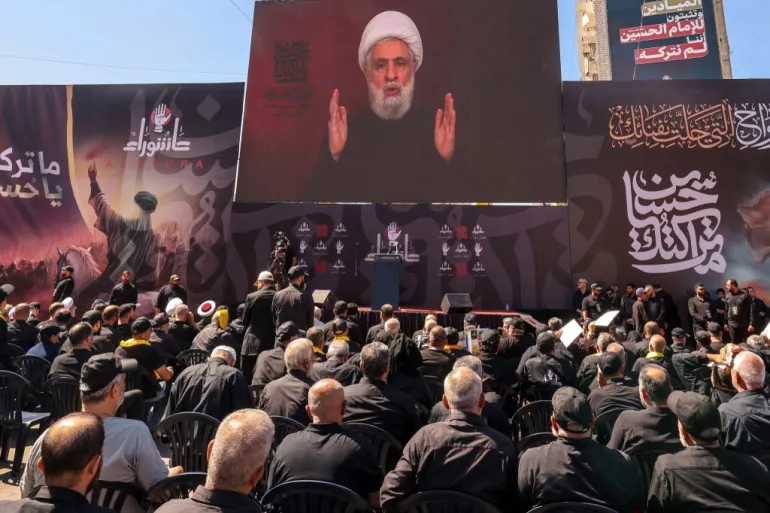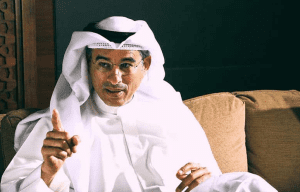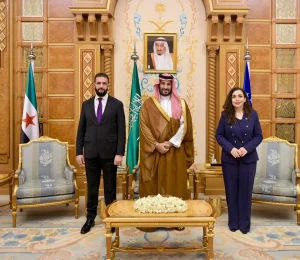In a powerful speech that resonated across Beirut’s southern suburbs, Hezbollah Deputy Secretary-General Naim Qassem made it clear: the Lebanese resistance movement will not disarm or back down until Israel ceases its airstrikes and withdraws from southern Lebanon.

“No Disarmament While Aggression Continues,” Declares Qassem
Speaking to thousands of supporters gathered for Ashura, one of the most sacred days in Shia Islam, Qassem reiterated that Hezbollah’s weapons are not negotiable as long as Israeli aggression persists.
“We cannot be asked to soften our stance or lay down arms while Israeli aggression continues,”
Qassem said, drawing loud applause from the crowd in Beirut’s Dahiyeh district, a known Hezbollah stronghold.
The timing of the speech during Ashura, which commemorates the Battle of Karbala and the martyrdom of Imam Hussein, underscored Hezbollah’s framing of the conflict as a timeless struggle against tyranny and injustice.
Hezbollah’s Position: Resistance Until Liberation
Hezbollah’s leadership has consistently maintained that its armed wing is essential to Lebanon’s defense, particularly in the face of repeated Israeli incursions. The group, founded in the 1980s during the Israeli occupation of Lebanon, sees itself as both a political actor and a military resistance force.
Qassem’s speech left no doubt:
- Hezbollah will not disarm under threat.
- Peace is possible only when Israel halts its airstrikes and leaves occupied territories.
- Resistance is non-negotiable as long as violations continue.
Tensions Escalate: Israel Strikes Back
Just hours after the rally, Israeli warplanes launched fresh airstrikes on multiple targets in southern and eastern Lebanon, including the outskirts of Baalbek. According to the Israeli Defense Forces (IDF), the strikes hit several Hezbollah military sites, including strategic weapons depots and rocket launch facilities.
The escalation reflects the fragile and volatile nature of the ongoing conflict between Israel and Hezbollah, with cross-border attacks increasing in both frequency and intensity in recent months.
A Legacy of Resistance and Loss
As yellow Hezbollah banners waved in the air and chants of defiance echoed through Beirut, Qassem stood beneath portraits of Hassan Nasrallah, his predecessor and a legendary figure in Hezbollah’s history, who was killed by Israeli forces in September last year. The emotional backdrop further deepened the symbolic significance of the moment, blending religious reverence with political resilience.
Regional Ramifications and the Path Ahead
The renewed escalation is not just a Lebanese-Israeli conflict—it carries significant implications for regional stability, especially amid ongoing Gaza hostilities and heightened Iran-Israel tensions.
Despite growing international pressure for de-escalation and disarmament, Hezbollah remains steadfast, positioning itself as a guardian of Lebanese sovereignty and a bulwark against what it sees as Israeli expansionism.













Comments are closed.